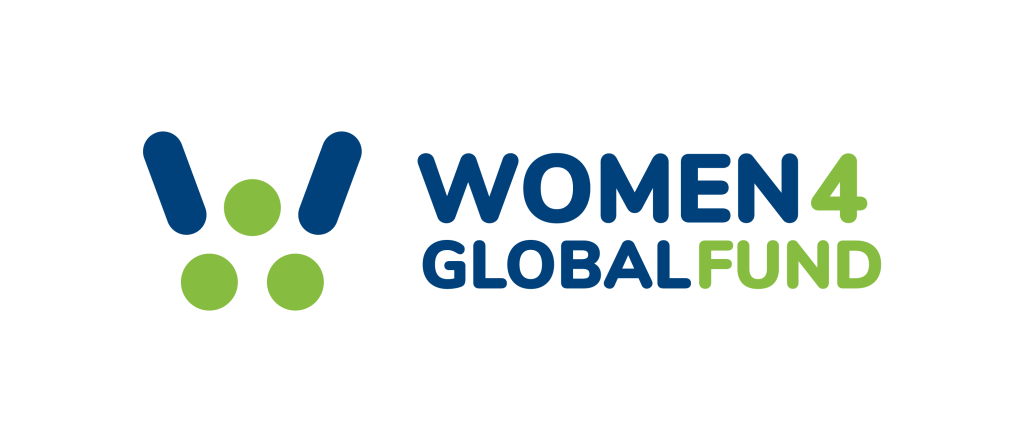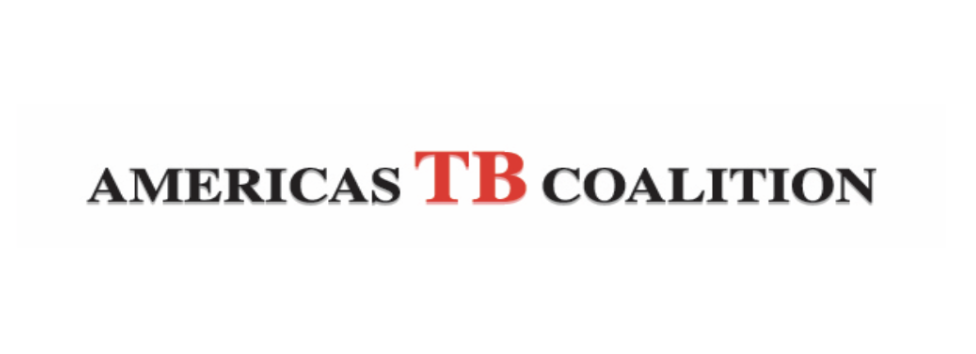[ENGLISH] [SPANISH]

In the 2023 World Health Organization (WHO) report, there are an estimated 325,000 people living with TB in the region, with an incidence rate of 31 cases per 100,000 population. By 2023, an estimated 35,000 people are estimated to have died from the disease. Approximately 41,000 TB cases are in people living with HIV, with a specific incidence rate of 3.9 per 100,000 population. For people living with HIV and TB, the risk of morbidity and mortality is increased and therefore underscores the importance of comprehensively addressing both diseases.
The TB situation in the Americas reflects a reality marked by inequality and lack of prioritisation in the public health agenda. With the region being the most unequal in the world and facing extreme political fluctuations, social inequity has been exacerbated, widening gaps in access to health and deepening the suffering caused by diseases such as TB. The health response to the HIV/AIDS pandemic has further exacerbated this situation, increasing cases, deaths and suffering associated with TB, especially among the most vulnerable populations.
Gender-disaggregated data reveal significant disparities, with 63% of diagnosed cases being male and 33% female over the age of 15. However, due to the stigma and discrimination of the disease, there is under-reporting of cases among women in their diversity, who are also socially responsible for the care of people living with TB: potentially increasing their risk of contracting the disease. It is therefore urgent to address the response to TB from a gender perspective, recognising how social, economic and cultural factors differentially impact men and women in their diversity and adapting responses to ensure equity in comprehensive, timely and quality access to diagnosis, treatment and care.
Although TB is not considered a priority by international organisations or many governments in the region, we are witnessing a silent rebound of the disease that requires urgent and sustained attention. It is essential to continue investing, technically and financially, in the comprehensive fight against TB in the Americas, prioritising a holistic approach based on an understanding of the social determinants of health and its various biological, medical, social and political parameters, with an emphasis on human rights, gender equity and the meaningful inclusion of the most vulnerable populations affected by TB and HIV.
Civil society organisations, women’s movements led by women in their diversity, and communities affected by TB in the Americas urge governments to strengthen cross-border work on TB and to update care guidelines according to the most current evidence available, eliminating bureaucratic barriers to ensure equitable and timely access to diagnostic tests and treatment. We call to promote public awareness of TB, train and update health workers, provide timely diagnosis, provide social protection, address social determinants, expand health services, promote research and propose comprehensive strategies to eliminate stigma and discrimination in health services.
We recognise that the Global Fund provides 76% of all international funding for TB, therefore we urge that these programmes be sustained and strengthened, with a gender-transformative approach, to continue multiple innovations in service delivery; accelerated transition to better and more efficient treatment regimens for drug-resistant TB, including the use of digital chest X-rays to detect people at risk of TB and the use of artificial intelligence and the use of digital applications to improve treatment adherence. These actions are critical to improving the TB response and ensuring the well-being of all affected people in the region.
Only through continued commitment and total and sustained funding, both domestically and internationally, can we move towards the goal of ending TB and ensuring the right to health for all women and people in their diversity to achieve a healthy and dignified life.

La situación de la tuberculosis en las Américas refleja una realidad marcada por la desigualdad y la falta de priorización en la agenda de salud pública. Con la región siendo la más desigual del mundo y enfrentando fluctuaciones políticas extremas, se ha exacerbado la inequidad social, ampliando las brechas de acceso a la salud y profundizando el sufrimiento causado por enfermedades como la tuberculosis. La respuesta sanitaria a la pandemia de COVID-19 ha agravado aún más esta situación, aumentando los casos, las muertes y el sufrimiento asociado con la tuberculosis, especialmente entre las poblaciones más vulnerabilizadas.
En el reporte de la Organización Mundial de la Salud (OMS) del 2023, se estima que hay 325,000 personas que viven con TB en la región, con una tasa de incidencia de 31 casos por cada 100,000 habitantes. Hasta 2023, se estima que han muerto 35 mil personas por la enfermedad. Aproximadamente 41,000 casos de tuberculosis están en personas que viven con VIH con una tasa específica de incidencia de 3.9 por cada 100,000 habitantes. Para las personas que viven con VIH y TB, el riesgo de morbimortalidad aumenta y por consiguiente se subraya la importancia de abordar de manera integral ambas enfermedades.
Los datos desagregados por género revelan disparidades significativas, con un 63% de los casos diagnosticados siendo hombres y un 33% mujeres mayores de 15 años. Sin embargo debido al estigma y la discriminación de la enfermedad, existe un subreporte de casos en mujeres en su diversidad, que además son socialmente encargadas del cuidado de las personas que viven con TB: aumentando potencialmente su riesgo de contraer la enfermedad. Por lo tanto, es urgente abordar la respuesta a la tuberculosis desde una perspectiva de género, reconociendo cómo los factores sociales, económicos y culturales impactan de manera diferencial en hombres y mujeres en su diversidad, y adaptando las respuestas para garantizar la equidad en el acceso integral, oportuno y de calidad, al diagnóstico, tratamiento y atención.
A pesar de que la tuberculosis no sea considerada una prioridad por los organismos internacionales o muchos gobiernos de la región, estamos presenciando un repunte silencioso de la enfermedad que requiere atención urgente y sostenida. Es fundamental seguir invirtiendo, técnica y financieramente, en la lucha integral contra la tuberculosis en las Américas, priorizando el abordaje integral desde la comprensión de los determinantes sociales de la salud y sus diversos parámetros, biológicos, médicos, sociales y políticos, con énfasis en los derechos humanos, la equidad de género y la inclusión significativa de las poblaciones más vulnerables y afectadas por la TB y el VIH.
Las organizaciones de la sociedad civil, los movimientos liderados por mujeres en su diversidad y las comunidades afectadas por la TB en las Américas, instamos a los gobiernos a fortalecer el trabajo transfronterizo en tuberculosis y a actualizar las guías de atención de acuerdo a la más actual evidencia disponible, eliminando barreras burocráticas para garantizar acceso equitativo y oportuno a pruebas diagnósticas y tratamientos. Llamamos a promover la conciencia pública sobre la tuberculosis, capacitar y actualizar al personal de salud, diagnosticar oportunamente, proporcionar protección social, abordar los determinantes sociales, extender los servicios de salud, promover la investigación y proponer estrategias integrales para eliminar el estigma y la discriminación en los servicios de salud.
Reconocemos que el Fondo Mundial proporciona el 76% de toda la financiación internacional para la tuberculosis, por lo tanto, instamos a que se sostengan y fortalezcan estos programas, con un enfoque de género-transformador, para continuar con las múltiples innovaciones en la prestación de servicios; acelerado la transición a mejores y más eficientes regímenes de tratamiento para la tuberculosis farmacorresistente, incluir el uso de radiografías digitales de tórax para detectar a las personas con riesgo de tuberculosis y el uso de inteligencia artificial y la utilización de aplicaciones digitales para mejorar la adherencia al tratamiento. Estas acciones son fundamentales para mejorar la respuesta a la tuberculosis y garantizar el bienestar de todas las personas afectadas en la región.
Solo mediante un compromiso continuo y la financiación completa y sostenida, tanto a nivel nacional como internacional, podemos avanzar hacia el objetivo de poner fin a la tuberculosis y garantizar el derecho a la salud de todas las mujeres y personas en su diversidad, para alcanzar una vida saludable y digna.
